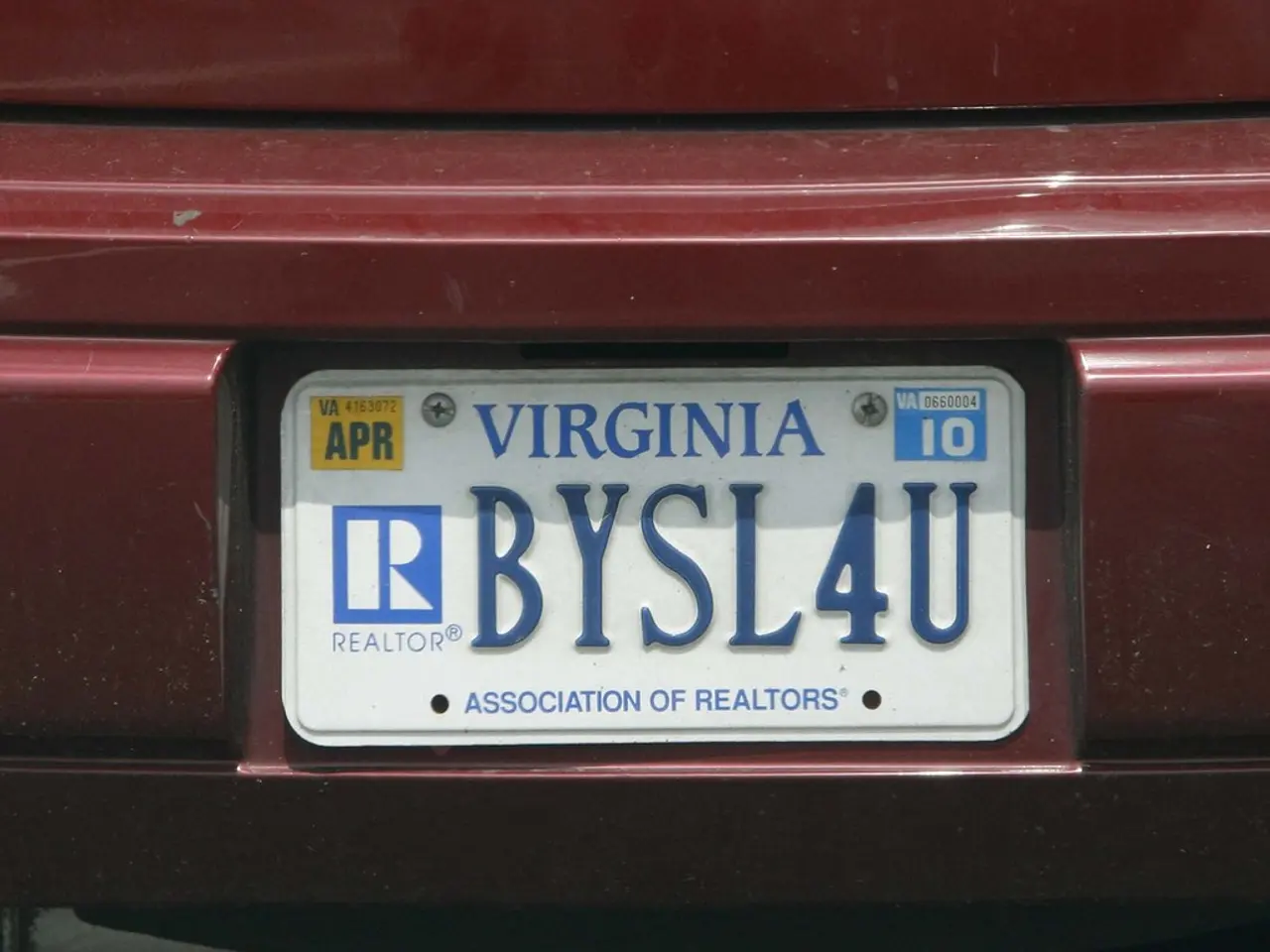Agency leader in New Jersey alleges bank of discriminatory lending practices against predominantly Black and Hispanic neighborhoods.
Republic First Bank, a regional financial institution based in the United States, has been embroiled in a controversy over allegations of mortgage discrimination. The New Jersey Attorney General's office accused the bank of violating the state's Law Against Discrimination with its lending practices.
Between 2018 and 2022, Republic First originated just 6% of its home loans to residents of majority-Black, Hispanic, or Asian neighborhoods. In contrast, the bank concentrated its branches and mortgage offices in predominantly white areas and failed to place any in majority-nonwhite neighborhoods.
According to the state's investigation, Republic First originated loans to Black borrowers at over 1.5 times the rate its peers did, to Asian borrowers at about 2.5 times the rate, and to Hispanic borrowers at over 3 times the rate. The bank also failed to advertise meaningfully in neighborhoods of color and repeatedly made exceptions to its underwriting policies for white and high-income borrowers.
These practices led to the bank's collapse in April 2023. The New Jersey Attorney General, Matthew Platkin, called the bank's lending record "shameful." The New Jersey AG's office asserted that Republic First knew of its "underperformance in generating mortgage applications from, and originating loans to, people of color."
The board of directors of Republic First was divided for more than two years due to infighting. The CEO of the bank was ousted and ultimately left in 2022 after a deadlock on the board ended. In March 2023, an investor group unveiled a plan to invest $125 million into Republic First, but the deal faltered. A subsequent, scaled-down capital raise also failed in November 2023.
Pennsylvania's Department of Banking and Securities closed Republic First in April, and the FDIC resumed its auction efforts for the bank's assets after the failed capital raise. Fulton Bank, which acquired many of Republic First's assets, was urged to proactively mitigate potential redlining risks from the loan portfolio.
The state filed a claim with the Federal Deposit Insurance Corp. seeking remediation on behalf of affected residents. However, no additional steps have been identified by Fulton Bank to address or mitigate redlining risks from former Republic First assets, according to the state.
The New Jersey's claim alleges that Republic First's mortgage lending practices violated the state's Law Against Discrimination. This is a significant development, as it highlights the importance of fair and equitable lending practices in the financial industry. The case serves as a reminder that discrimination in any form is unacceptable and will not be tolerated.
Read also:
- Trade Disputes Escalate: Trump Imposes Tariffs, India Retaliates; threatened boycott ranges from McDonald's, Coca-Cola to iPhones
- Aquatech purchases Koch's Direct Lithium Extraction business, merging Li-ProTM DLE technology into the PEARLTM Technology Platform.
- Nepal's Journey: Evolution from Street Life to Political Power
- Li Auto faces scrutiny after crash test involving i8 model and a truck manufacturer sparks controversy




